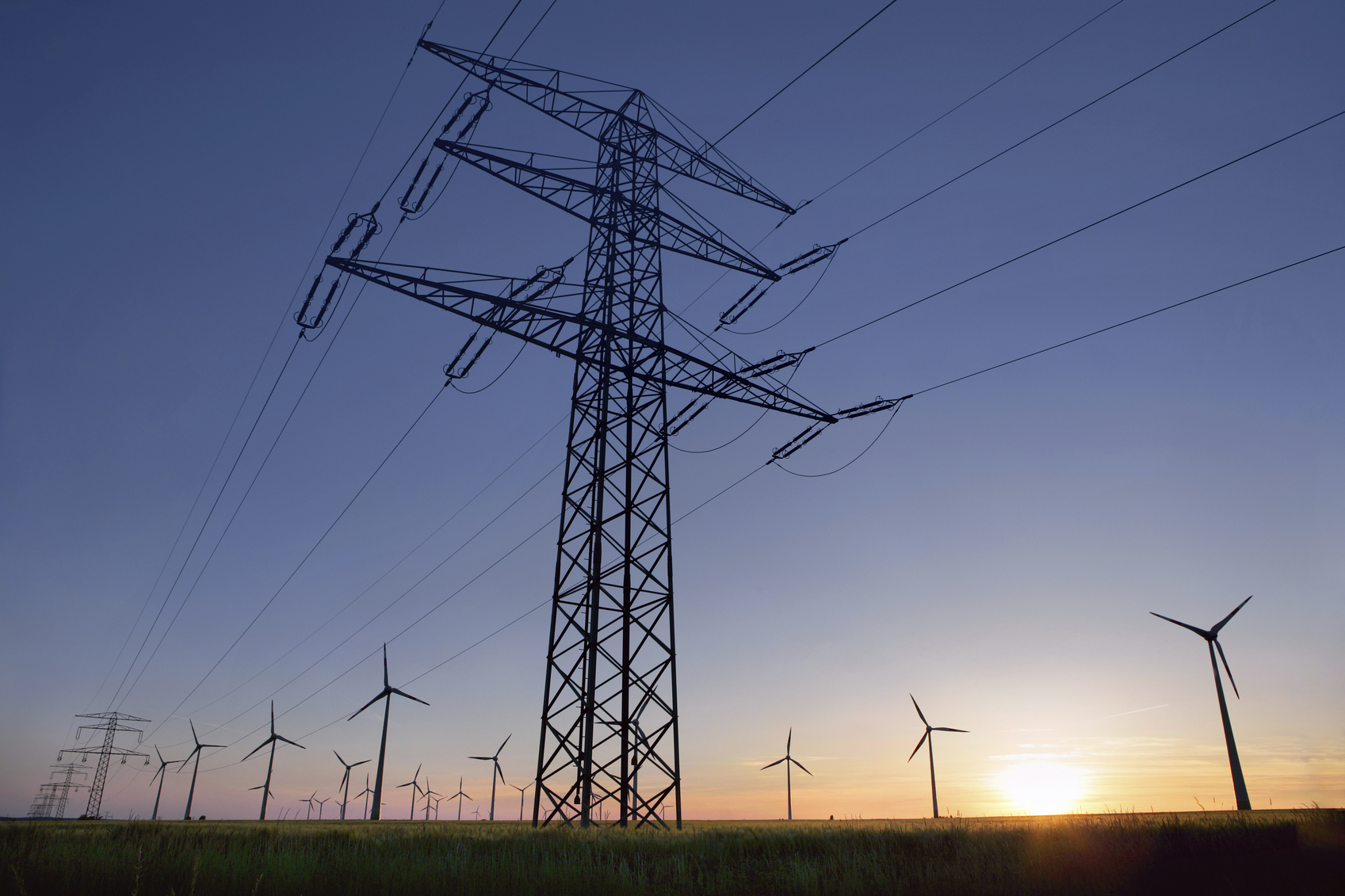 Around the world, the transportation sector is evolving. Globally, electric vehicle (EV) sales have more than doubled, showing a 72 percent increase in 2015, followed by 41 percent global increase in EV sales in 2016. Now, France is committing to a greener transportation sector by vowing to end the sale of gasoline and diesel vehicles by 2040, further pledging to become a carbon neutral country by 2050.
Around the world, the transportation sector is evolving. Globally, electric vehicle (EV) sales have more than doubled, showing a 72 percent increase in 2015, followed by 41 percent global increase in EV sales in 2016. Now, France is committing to a greener transportation sector by vowing to end the sale of gasoline and diesel vehicles by 2040, further pledging to become a carbon neutral country by 2050.
Currently, 95.2 percent of new car fleets in France are represented by gasoline and diesel vehicles. According to France’s Ecology Minister Nicolas Hulot, initiatives by automakers such as Volvo to go all electric in the coming years will help France start to phase out gasoline and diesel vehicles.
In order to become carbon neutral by 2050, France will also need to devote energy to ending the use of fossil fuels across the board, which includes ending hydrocarbon licenses in the country and stopping coal production by 2022.
While France’s goals are admirable, organizations such as Greenpeace believe that the measure falls short in terms of concrete measures.
“We are left wanting, on how these objectives will be achieved,” Greenpeace campaigner Cyrille Cormier said in a statement. “The goal to end the sale of gasoline and diesel vehicles by 2040 sends out a strong signal, but we would really like to know what are the first steps achieve this, and how to make this ambition something other than a disappointment.”


 Science is messy, but it doesn’t have to be dirty.
Science is messy, but it doesn’t have to be dirty. Assuming that the deployment of carbon removal technology will outpace emissions and conquer global climate change is a poor substitute for taking action now, say researchers.
Assuming that the deployment of carbon removal technology will outpace emissions and conquer global climate change is a poor substitute for taking action now, say researchers. After an unusually intense heat wave, downpour, or drought, Noah Diffenbaugh and his research group inevitably get phone calls and emails asking whether human-caused climate change played a role.
After an unusually intense heat wave, downpour, or drought, Noah Diffenbaugh and his research group inevitably get phone calls and emails asking whether human-caused climate change played a role. “The
“The  A new study published in the
A new study published in the  Bill Gates is taking climate change head on with his newly formed
Bill Gates is taking climate change head on with his newly formed 
 For the third year in a row, global carbon dioxide emissions from fossil fuels and industry have barely grown, while the global economy has continued to grow strongly. This level of decoupling of carbon emissions from global economic growth is unprecedented.
For the third year in a row, global carbon dioxide emissions from fossil fuels and industry have barely grown, while the global economy has continued to grow strongly. This level of decoupling of carbon emissions from global economic growth is unprecedented.